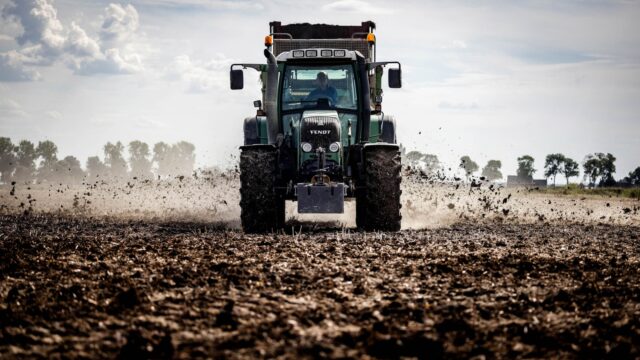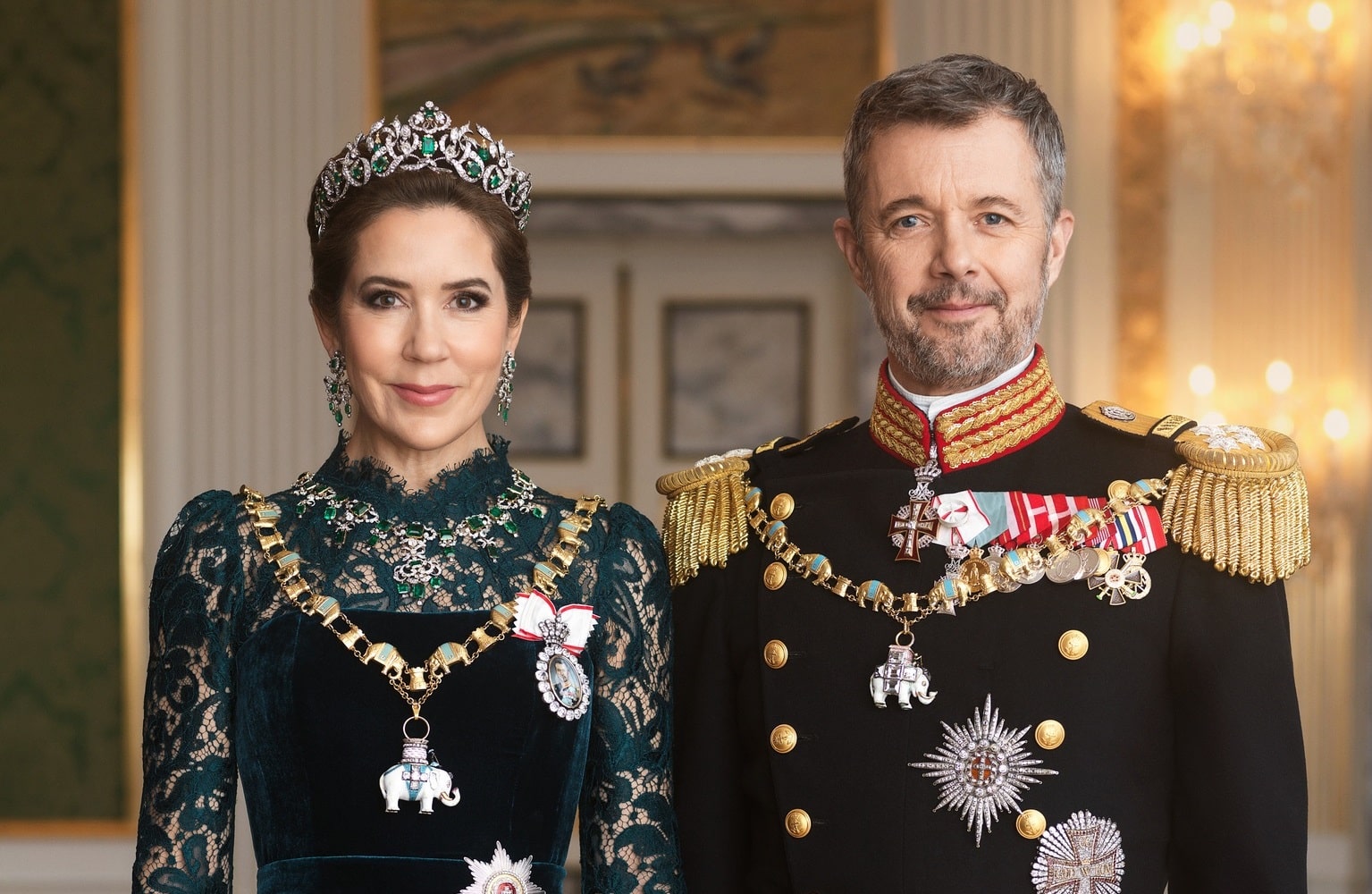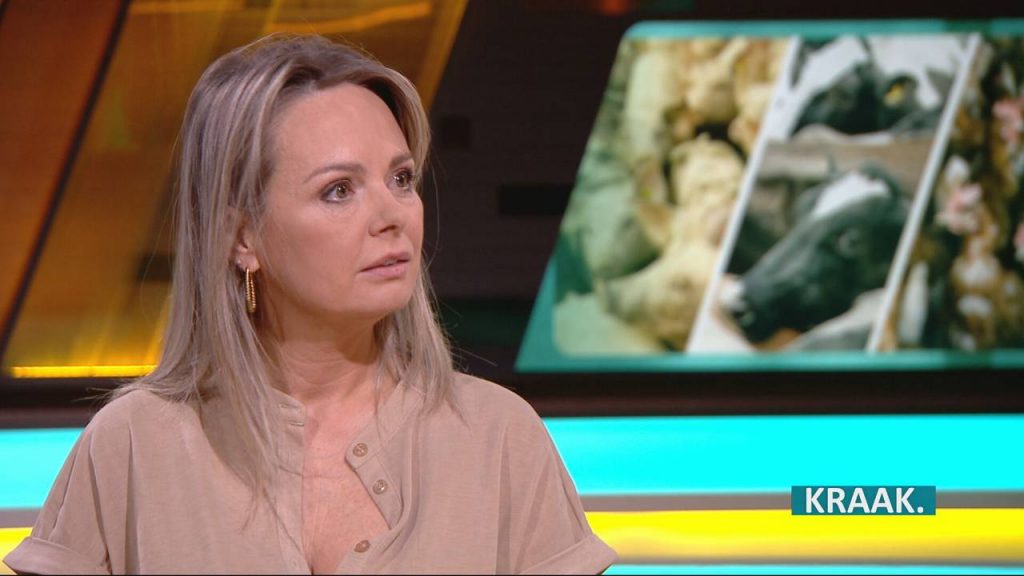Q-uestion, the People With Q Fever Foundation, doesn’t have a good word for the RIVM report on Q fever and the first wave of coronavirus presented on Wednesday. According to the report, there is no relationship between the two diseases. “I could have foreseen this result,” says Caroline van Kessel of Q-uestion. “We shouldn’t do studies, but we should limit intensive livestock farming. Time is of the essence.”
According to the RIVM, people who have previously had Q fever are no more likely to contract the coronavirus, the institute wrote in its report.
During the first corona wave, several infections were observed in the part of East Brabant where Q fever hit hard earlier. According to the RIVM, the test was carried out there more often, so that the infection appeared more quickly. Another study on the relationship between poor air quality and corona is still ongoing.
Brabant air
Van Kessel does not believe the report’s conclusion that patients with Q fever did not have more corona than others. “Patients of Q fever had already experienced an outbreak of a virus. They all remained indoors and did not reveal themselves. I left for Terschelling by myself, away from the air of Brabant.” What would have happened if they hadn’t? Van Kessel suspected that the situation would have been more serious.
It bothers her that RIVM is investigating whether Q fever increases the risk of contracting coronavirus. It is already known that a weak immune system increases the risk of infection with corona and this is what all patients with Q fever suffer from. “It doesn’t help if the RIVM is only looking for a causal relationship between the two diseases. It should realize that the new virus is dangerous for people who already have a compromised immune system. Several studies have already shown that.”
The elephant in the room
Van Kessel was not surprised by the result. “I had my reservations at the beginning of the study,” she says. It bothers her that the government is still investigating the impact of air quality on Corona, when it should already work to reduce intensive livestock farming. “As a RIVM, you can also say, ‘We know the dangers of poor air quality, and we will take action.’ Now there’s a check in front of the stage, but the elephant is still in the room.”
“Trying to prove causation really says: We don’t want to know. It’s a way of not having to take measures.” And although, according to Q-uestion, there is no time to lose: “We thought that was enough after Q fever, but now that everyone is aware of the epidemic, you might think that the Netherlands will reduce the risk of infectious diseases more quickly.”
Our app!
Did you see an error or comment on this article? Please contact us.
Waiting for privacy settings…

“Total coffee specialist. Hardcore reader. Incurable music scholar. Web guru. Freelance troublemaker. Problem solver. Travel trailblazer.”







More Stories
“There is no scientific evidence for strict fertilizer standards in the Netherlands.”
Astronomers have discovered a new molecule in space. And it's very special
Will it soon be possible to freeze humans and then thaw them again?